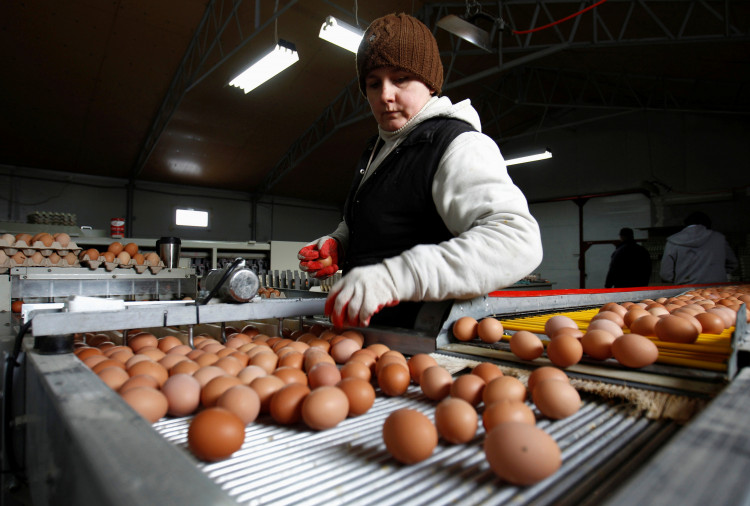Nestlé S.A. and Unilever plc together with Compassion in World Farming are asking all industrial and battery chicken farming be phased out of European agriculture.
Nestlé says it has exceeded its 2017 goal of using free-range eggs in all EU food products. The company is now advising EU policymakers to phase out the industrial animal farming - starting with laying hens.
"We are proud to have achieved 100% cage-free eggs in our food products across Europe," Nestlé executive vice president and head of operations Magdi Batato said in a statement. "We fully support the Compassion in World Farming initiative to outlaw cages for laying hens."
Nestlé and Unilever, along with other food producers and retailers including IKEA, ALDI Nord and Mondelez International, said in a letter to Members of the European Parliament they "commend the aims of the End the Cage Age Initiative."
In 2018, more 170 European nongovernmental organizations joined the End the Cage Age campaign and the European Citizens' Initiative gathered 1.4 million confirmed signatures in support of a ban.
Caging animals is a form of factory farming. The world meat industry requires high yields and caging hens allows volume. This affects behavior and egg-laying hens are usually slaughtered after just two years because of illness and other chronic problems. In contrast, some chickens can live for more than a decade in the wild.
Every year, nearly 413.2 million laying hens are raised across Europe to produce 6.9 million tons of eggs or egg-related products. According to Compassion, 50.5% only of these animals are raised without cages.
The letter also emphasizes growing widespread support for legislative action, indicating that public sentiment is changing. Approximately 94% of Europeans believe that protecting the welfare of farmed animals is important, and 82% believe that farmed animal welfare should be better protected than it is currently.
Nestlé did, however, procure eggs from caged hens until recently. Furthermore, although the organization recently unveiled plans to source only cage-free eggs for all of its food products globally by 2025, "high-welfare" animal producers may fail to satisfy the growing global demand currently met by factory farming.
According to a company release, Nestlé uses approximately 4,500 tons of eggs annually for its European food brands alone.
Both Nestle and Unilever made no mention of the same initiative launched in the U.S.






